By Odeisel
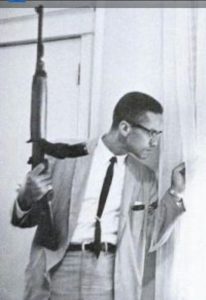
Malcolm X was assassinated at the Audubon Ballroom in Harlem 56 years ago today. It was a crushing blow to the idea of Black self-determination, but in death he has become larger than life, and not always in the best way possible. Much like Martin Luther King’s life has been condensed to a the “Dream,” Malcolm is often reduced to peering from the window with a rifle. Reduced to “By Any Means Necessary.”
In the context of revolution it allows for ballot, bullet, and anything in between, not simply bluster and brandishing. Wars are fought on many fronts, and in order to be prepared for war, you first have to educate yourselves. Bootcamp. West Point. Any university for that matter.
Education is essential to any change, but the strongest attraction to Malcolm X is centered around that photo, that phrase, his criminal beginnings, and their accompanying edge. That would be fine, if those elements were framed as of his story arc towards his redemption. But what has presented itself is representative of the American mentality where people look to the most primal and reactionary elements of interface; how the common man sees the word in simplistic, often base terms. It’s representative of why Sarah Palin was actually considered a viable Vice Presidential candidate. And eventually why America got Donald Trump.
There is a fear of negotiation; a fear that might may actually make right. And that fear draws many to connect with the embracing of that negativity. We remain synched to the idea that change is a binary proposition.
Our youth are in search of connection because we have not done our proper service. The issue is not their lack of care or character but our failure to guide them to viable alternatives. A significant quantity of Malcolm’s DNA rests in the streets that speaks to that George Jefferson “never lay down” aesthetic, which ironically often led to George looking like an ass. For Malcolm, it found him on the outside looking in on The Nation of Islam. We connect to the outlaw; the rebel. But there are layers to Malcolm X that are rarely embraced or celebrated.
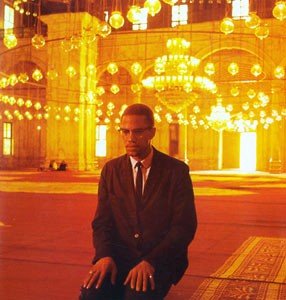
Malcolm X was evolving towards diplomacy, statesmanship, and alternative methods of war and strategy. His post Mecca spiritual conversion brought a change in mentality away from the militancy of the NOI towards collaboration and coalition-building on a global scale. Meeting with world leaders from across the diaspora. Bringing charges against the United States in the World Court.
His new weapons and allies made him a danger to the prevailing power in a way that was frighteningly more effective and powerful. His abandonment of Black isolationism towards a uniting of the imperialist-aggrieved made him a much larger threat to the establishment. Eventually this new threat would ultimately culminate with his murder.
Struggle and conflict are omnipresent in the human condition. Malcolm X’s life was a shining example of how that conflict obstructs our goals, desires and destiny. We should always prepare for that. Not necessarily out the window with a rifle, but armed with thought and consideration and a real look at how our failings contribute to our obstacles.
Rather than select quotes and choose pictures, we should take heed from Malcolm’s evolving past the hustler. Moving on from message to motion. We should take stock of the courage to move on, even from things which once saved our lives but now exist as impediments to our forward Progress. It is in that analysis and application that we do his memory the biggest service; taking note of the world around us and growing with change. By any means necessary.

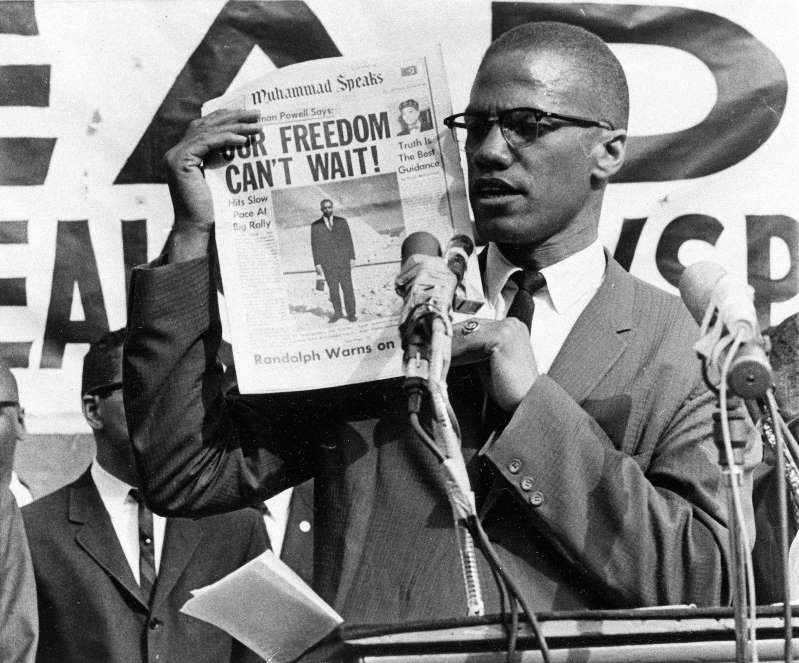
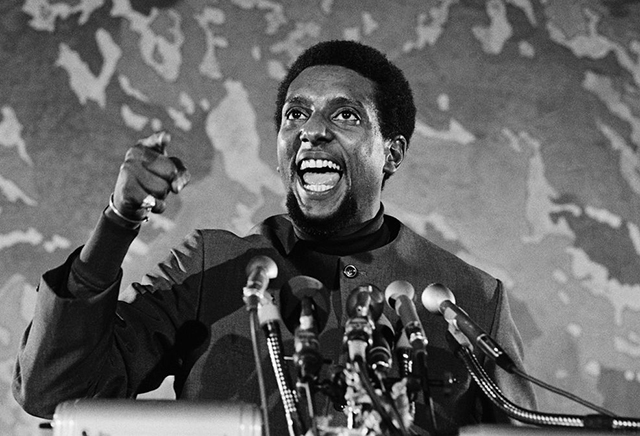
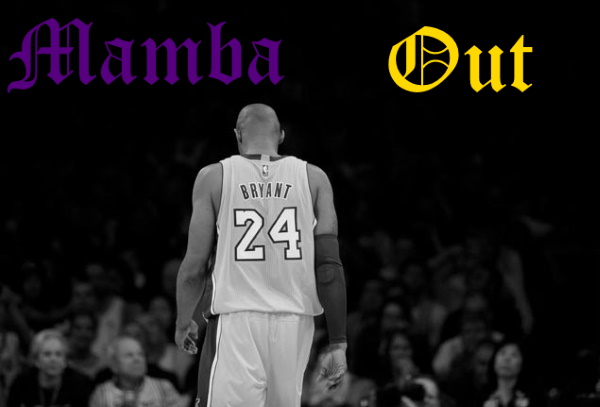
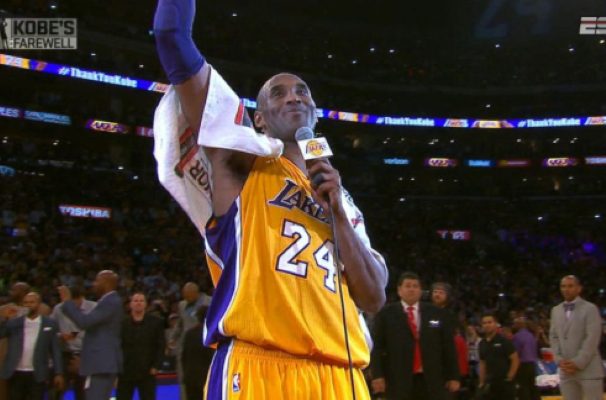
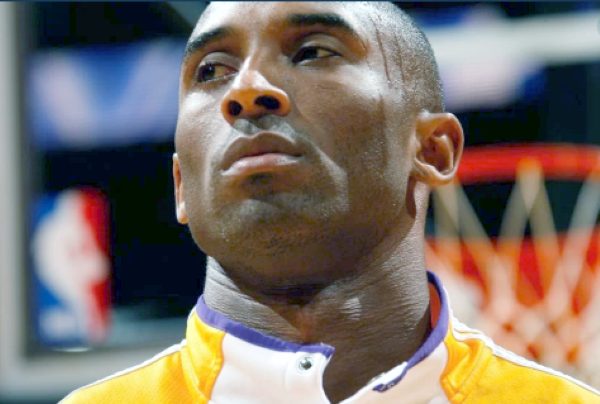
beasted. great read.